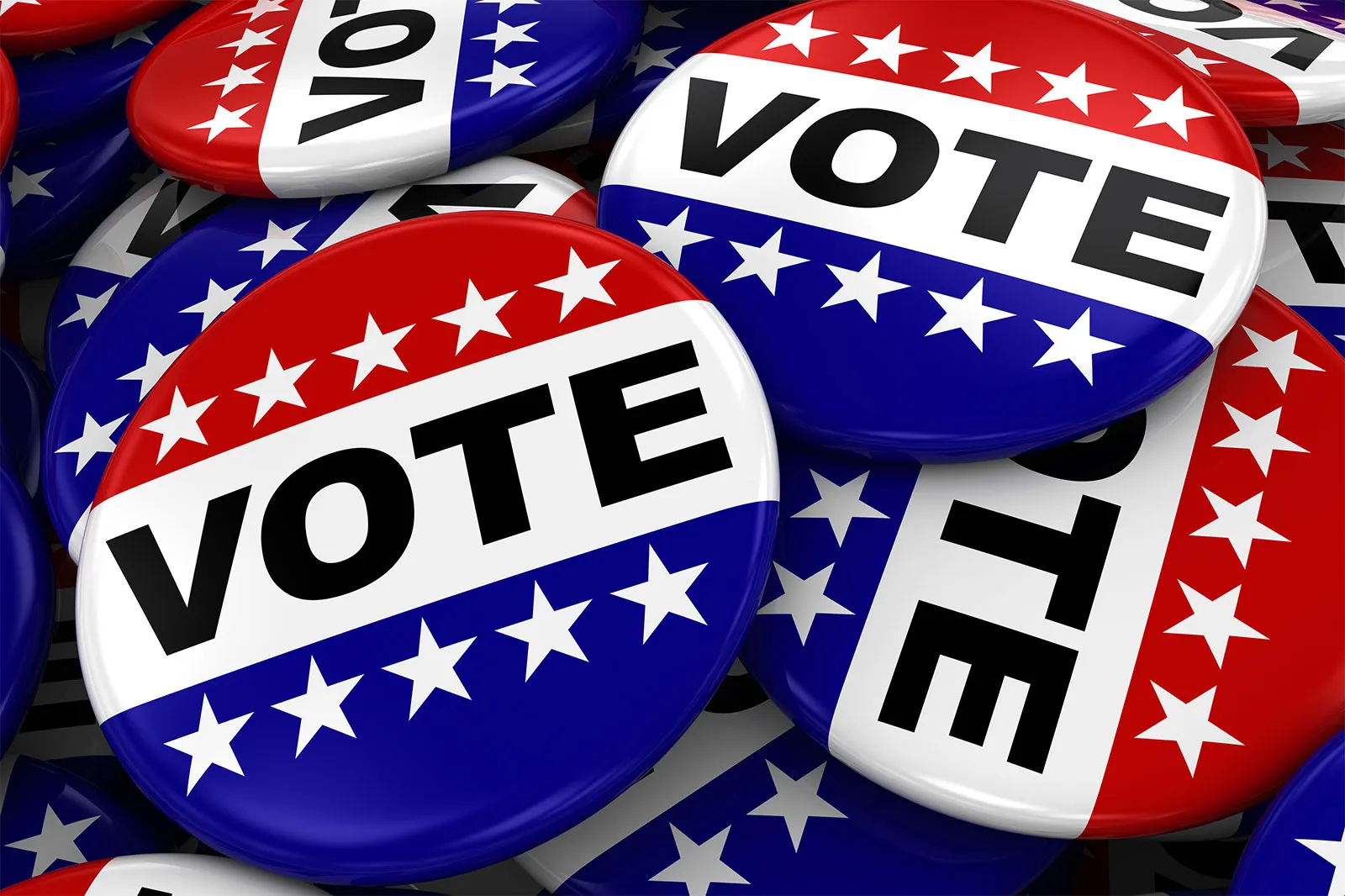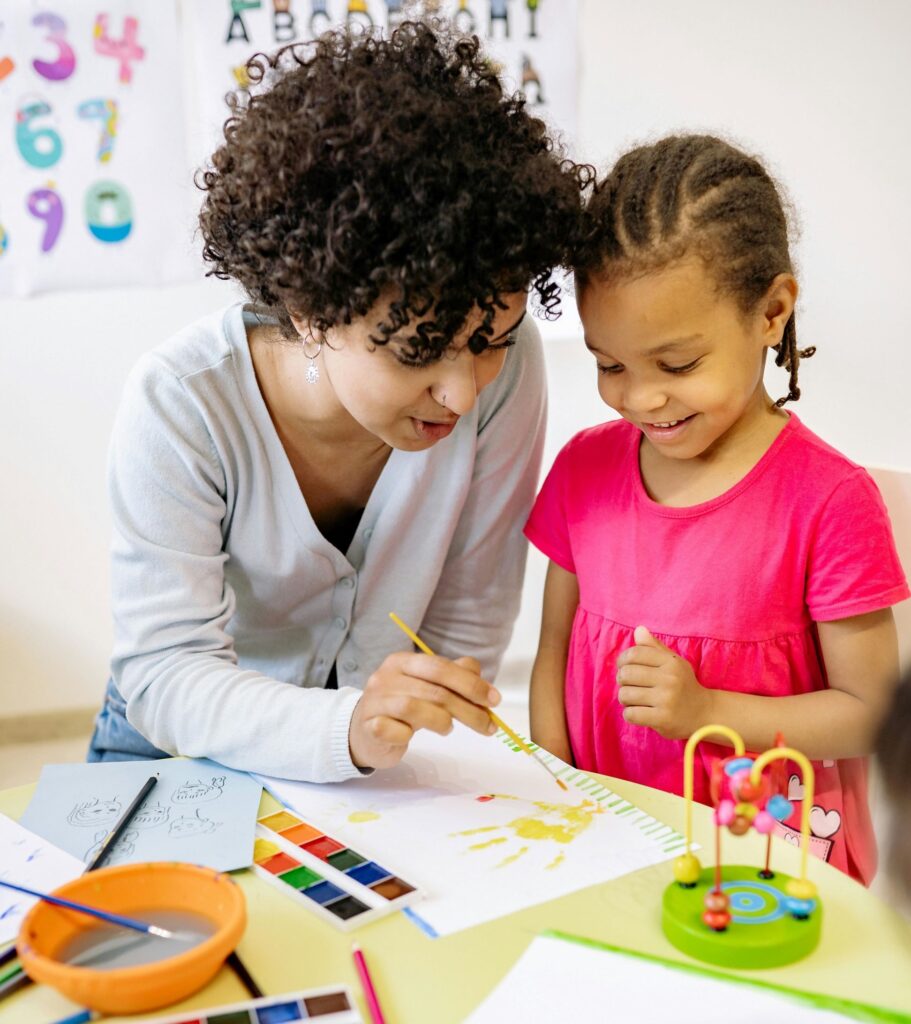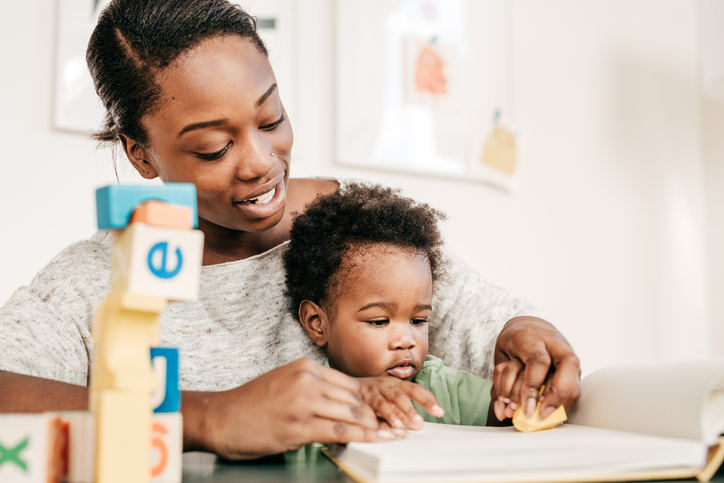Growing Good Citizens: How Preschool Providers Can Inspire Civic Engagement
Preschool providers can play an integral role in shaping the future citizens of Denver. While voting may seem…

Preschool providers can play an integral role in shaping the future citizens of Denver. While voting may seem far off for young learners, fostering an early understanding of democracy, civic engagement, and voting rights can lay the groundwork for active, informed participation in the years ahead. In Denver, there is a rich tradition of advocating for voting rights. As educators, preschool providers can introduce these concepts in age-appropriate ways that inspire curiosity and respect for civic duty.
Voting Rights in Denver
Denver has a long-standing commitment to voter accessibility and participation. The City strives to make democracy inclusive by providing accessible voting options, such as secure mail-in voting, and ensuring that every citizen has the right to vote. Preschool providers are part of this larger effort by helping to develop informed, active citizens who will someday be at the polls themselves. By encouraging children’s understanding of fairness, choice, and community, providers plant the seeds for future participation in democracy.
How to Introduce Voting Concepts in Preschool
It’s never too early to introduce the basic ideas of choice, fairness, and community participation to children, and there are fun ways to incorporate these lessons. For example, a preschool in Virginia recently used the popular children’s show, Paw Patrol to center a lesson in democracy. The foundations of the democratic process and can be understood by young children through simple activities such as:
- Classroom Votes: Allow children to vote on small decisions, like choosing which story to read or which game to play. This demonstrates the concept of voting in a fun and relatable way.
- Fairness Discussions: Help children understand fairness and decision-making by discussing the importance of giving everyone a say in group decisions.
- Community Participation: Use examples of how families, friends, and neighbors come together to make decisions that affect everyone in the community.
Books to Teach Voting and Democracy
There are several wonderful children’s books that can introduce these themes in a way that’s engaging and easy for preschoolers to grasp. Here are some recommendations to include in your classroom:
- “Vote for Our Future!” by Margaret McNamara – This vibrant and accessible book introduces children to the concept of voting and why it’s important for everyone to participate in elections. It takes place in a school that closes on Election Day to be used as a polling place, sparking curiosity about the voting process.
- “Democracy for Dinosaurs: A Guide for Young Citizens” by Laurie Cransy Brown and Marc Brown. – This book uses fun dinosaur characters and simple language to teach kids about key civic values like fairness, equality, and respect for free speech. It helps children understand how their everyday actions can reflect the principles of a democratic society and shows them they have an important role to play as good citizens.
- “I Voted: Making a Choice Makes a Difference” by Mark Shulman – This book breaks down the voting process in simple terms and helps children understand why voting is essential to being a responsible citizen.
Supporting Families Who Are Unable to Vote
Not all families in the preschool community may be eligible to vote, particularly new immigrants. However, they can still actively participate in democracy by engaging in the election process through volunteering, attending community discussions, and educating others about civic responsibilities:
- Volunteering: Families can volunteer at polling stations, assist with voter registration drives, or participate in non-partisan voter education efforts.
- Civic Engagement at Home: Encouraging discussions at home about voting and civic duty helps children understand the importance of participation, even if their family members cannot vote.
- Community Involvement: Families can engage in local organizations and advocacy groups, ensuring their voices are heard on policy matters, even if they cannot vote directly.
For families seeking information about pathways to citizenship and voting rights, organizations such as Mi Familia Vota and the National Immigration Law Center provide useful resources.
Additional Resources for Providers
Here are some additional resources you can use to advance your knowledge and introduce the concepts of voting and democracy to your preschoolers:
- National Association for the Education of Young Children (NAEYC):
NAEYC provides valuable resources on how to teach civic engagement and democracy to young children through developmentally appropriate practices. - GoVoteColorado.Gov
The Colorado Secretary of State oversees voting and elections for the State of Colorado. GoVoteColorado.Gov has many valuable resources. You can check your voter registration, view a sample ballot, and sign up for ballot trax to confirm your ballot has been received. - Denver Elections Division:
The Denver Elections Division has a wealth of information about local voting rights, and polling and election information for Denver, including a robust Q&A section. - PBS Kids: Together We Can
PBS Kids’ Together We Can offers interactive games, videos, and activities related to democracy, voting, and civic engagement.
Preschool providers have the opportunity to inspire the next generation of voters. By introducing children to the concepts of voting, fairness, and community involvement, they lay the foundation for a lifetime of civic engagement. Equally important is that preschool providers themselves participate in elections. By exercising their right to vote, they not only advocate for policies that support early childhood education but also model the civic responsibility they are teaching to their students.



